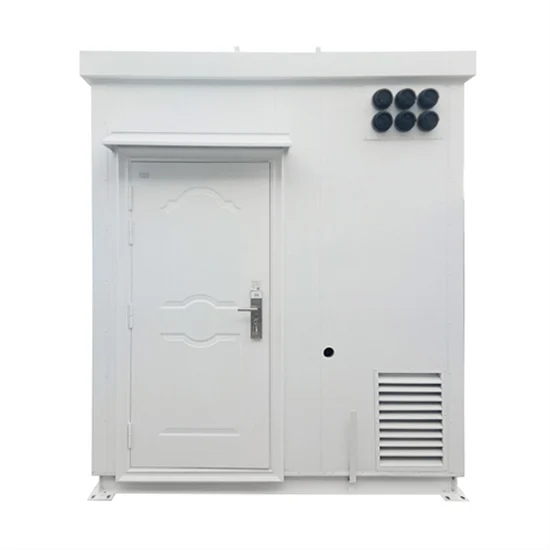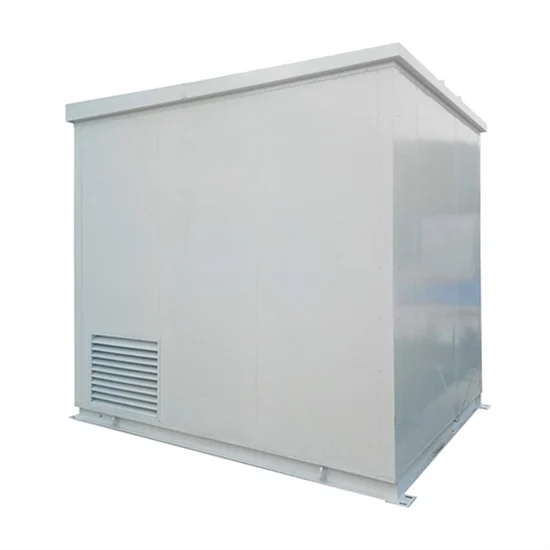Why Overcoming BESS Limitations Is Critical for Solar Success
As solar energy adoption surges globally, Battery Energy Storage Systems (BESS) have become indispensable for balancing grid supply and demand. However, their widespread deployment faces significant hurdles. At HighJoule, we specialize in developing next-gen energy storage solutions that mitigate these challenges while maximizing system efficiency. Below, we analyze the most pressing BESS disadvantages and our innovative approaches to overcoming them.

BESS energy storage system -2
Substantial Upfront Costs: A Major Barrier to BESS Implementation
BESS requires significant initial investment, with costs ranging from $400–600 per kWh for batteries, inverters, and installation . For large-scale solar farms, this translates to multi-million-dollar projects. While industry forecasts predict a 30% cost reduction by 2025 due to technological advancements , U.S. tariffs on Chinese LFP batteries may drive localized prices up by 35% in the same period .
HighJoule’s Approach: We utilize modular system design and strategic partnerships to reduce capital expenditure by 20%. Our localized assembly hubs in Southeast Asia help bypass tariff impacts, ensuring cost-effective solutions without compromising quality.
Degradation and Lifespan Issues: Impacting Long-Term ROI
Lithium-ion batteries typically degrade by 20–30% over 5–10 years, with fast-charging or high-temperature environments accelerating this process . However, our focus on lithium iron phosphate (LFP) batteries extends cycle life to 3,000+ cycles and 12–15 years of reliable performance .
Technological Innovation: Collaborating with Shanghai Jiao Tong University, we’ve integrated AI-driven predictive maintenance algorithms that optimize charge/discharge patterns, reducing degradation by 15% compared to traditional systems.
Energy Density and Space Constraints: Balancing Performance and Footprint
Traditional lithium-ion batteries offer 150–260 Wh/kg energy density, necessitating large-scale installations . This poses challenges for urban solar projects. However, our research into solid-state batteries—achieving 350+ Wh/kg—enables compact designs ideal for space-constrained environments .
Case Study: A recent HighJoule project in Tokyo reduced storage footprint by 40% using solid-state modules while maintaining 95% efficiency.

BESS energy storage system -3
Environmental and Safety Risks: Beyond the Sustainability Narrative
Battery production relies on the mining of cobalt and lithium, which raises ethical and ecological concerns. In addition, 72% of battery energy storage system (BESS) safety incidents are caused by system integration defects rather than cell defects. HighJoule addresses these risks by:
- Cobalt-free LFP chemistries and certified recycling partnerships
- Advanced thermal management systems reducing fire risk by 90%
- Stringent quality control protocols to eliminate integration issues
Maintenance Complexity: Ensuring Operational Reliability
BEnergy storage systems require professional maintenance due to multi-supplier component compatibility issues and the need for continuous monitoring. Remote operation challenges such as the impact of extreme weather on communication systems can increase operating costs by 15-20% within a decade.
HighJoule’s Solution: Our 24/7 remote monitoring platform uses industrial-grade components to withstand -40°C to 85°C temperatures, reducing downtime by 50%. Proprietary diagnostic tools also flag potential issues before they escalate.
Transforming BESS Challenges into Opportunities
While BESS faces significant challenges—high costs, degradation, space inefficiencies, environmental impacts, and maintenance demands—these are surmountable through innovation. At HighJoule, we’re committed to pushing technological boundaries: from AI-optimized LFP batteries to compact solid-state solutions. By addressing these limitations head-on, we empower solar projects to deliver reliable, sustainable energy storage that future-proofs investments.
Ready to explore BESS solutions tailored to your needs? Contact HighJoule today to discuss how we can optimize your solar energy storage system.
 SolarInfo
SolarInfo